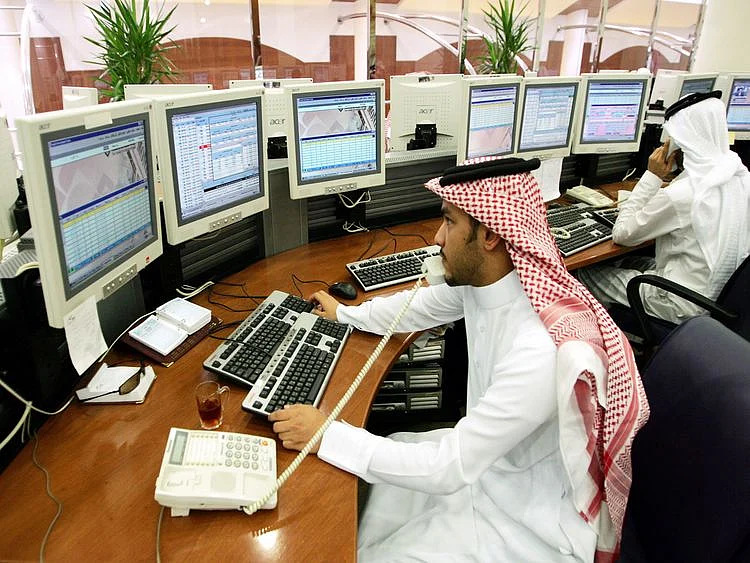New Saudi fund: Sukna Capital offers SMEs 'direct financing' option
Sukna fund will not require SMEs to offer shareholding to tap financing

Dubai: More options are opening for Saudi SMEs and even start-ups to take out funds.
Sukna Capital has launched a fund for ‘direct financing’ that are specifically tailored for SMEs with ‘high growth potential but (with) unique operating models’, said Fares Bardeesi, who is leading the fund.
Saudi Arabia has been working overtime to make funds available to its SMEs and startups, whether directly from government agencies or from the banks. Which makes the SME funding space quite competitive.
But Sukna Capital is not out to compete.
“We complement,” said Bardeesi. “Government-backed and bank-led initiatives remain essential pillars of the SME funding landscape, especially for capex, subsidized facilities, or early-stage support.
“The regional financing landscape has historically forced startups to choose between (equity) dilution or rigid debt.
“By integrating credit into platforms that SMEs already use - such as invoicing systems or ERPs - we unlock real-time, working capital access that is aligned with daily operations.”
Sukna Capital has received approval from the Saudi Capital Market Authority (CMA) to launch the fund for Direct Financing. In fact, this is Saudi Arabia’s 'first open-ended, sharia compliant direct lending fund'.
Sukna is now allowed to offer institutional investors access to a funding platform providing scalable financing for SMEs - and without equity dilution. (Unlike traditional private credit vehicles, the open-ended fund structure enables investors to enter and exit at regular intervals.)
Who are the funds for?
"In Saudi Arabia, we’re seeing an increasing number of entrepreneurs building in fintech, SaaS (service as a software), B2B tech, logistics, and digital infrastructure," said Bardeesi. "These companies require flexible, non-dilutive capital that matches their growth profiles and operational rhythms.
"(Loan) tenors are flexible, typically between 6 to 24 months, depending on the operating cycle and working capital needs of the borrower.
"Each facility is structured around the actual business model, revenue visibility, and repayment capacity, ensuring alignment between deployment, use of funds, and liquidity generation.
"We focus heavily on diversification - across sectors, tenors, and counterparties - to ensure portfolio resilience."
Sign up for the Daily Briefing
Get the latest news and updates straight to your inbox
Network Links
GN StoreDownload our app
© Al Nisr Publishing LLC 2026. All rights reserved.
